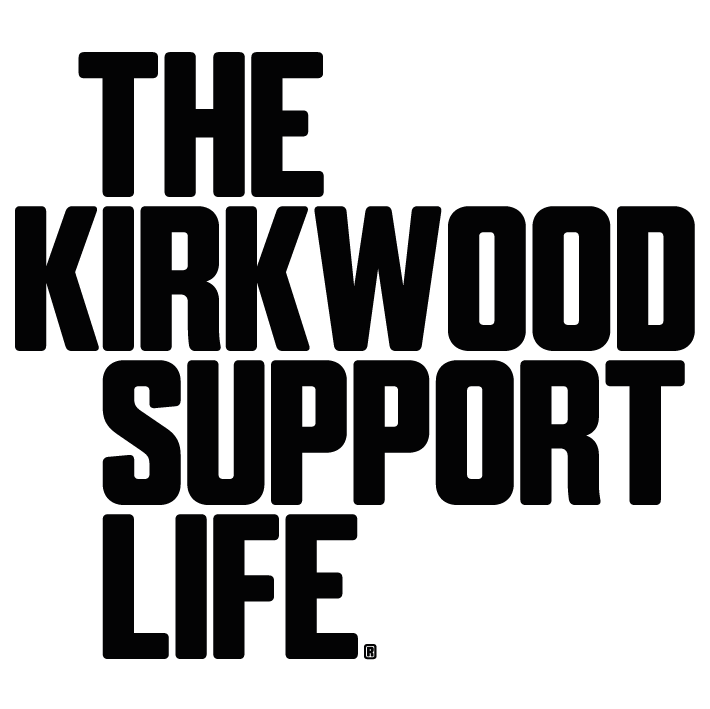9 Sep 2025 Patient and Family Stories
Joanne and Mark’s story with The Kirkwood
When Christine Hydes, from Kirklees, was living with dementia, her family realised that the journey ahead would require more support than they could provide alone. She had already been living with heart failure for 10 years, when the Dementia started to become a problem 5 or so years ago. For Christine’s daughter Joanne Greenwood and son Mark Hydes, it was the beginning of a relationship with The Kirkwood that would last for three years and transform the way they navigated those final chapters.
Christine died peacefully on 29 April 2025 at The Kirkwood, aged 81, surrounded by her children and granddaughter Heather. Looking back, Joanne describes The Kirkwood as “like a family” not only caring for her mum, but for all of them.
Before The Kirkwood became involved, life was already changing rapidly. Joanne, who lives in Cheshire, made the huge decision to move to Yorkshire for three years to provide full-time care for her mum.
“I couldn’t have done it without Mark,” she says. “We were united in this. I was with Mum day and night. It went from being about supporting her to enjoy life, to nursing her through her decline. As a nurse myself, I can honestly say she had what I would call a good death, an outstanding death. The support, the symptom management, the respect for her and for us, The Kirkwood truly listened to what we wanted and what she would have wanted.”
Mark, who lives just a mile from their mum, had been helping daily for years, especially during the pandemic, when a formal dementia diagnosis was hard to secure. “Even before Joanne came over, Mum couldn’t manage things like making a meal or taking her tablets. I was spending as much time as possible with Mum whilst working from home. I even stopped trusting her to lock the door at night. It got to the point where I knew something had to change.”
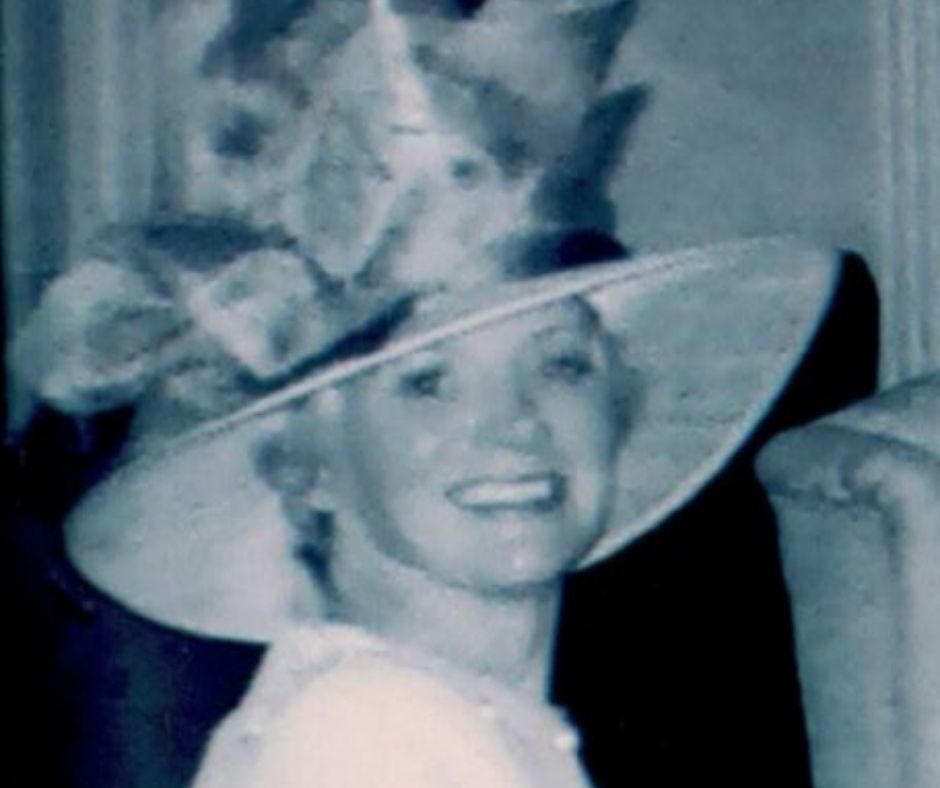
The first contact came through The Kirkwood’s Admiral Nurses and social workers, including Rachel and Catherine, who visited at home and offered practical, emotional and financial guidance.
“We had Rachel coming to the house at the start, and Catherine, the social worker, who either came out or saw us at The Kirkwood,” says Joanne. “That became an invaluable support especially when mum became palliative and we had to start looking at funding resources, social support, and care planning.”
One of the first things Joanne and Heather experienced through The Kirkwood was complementary therapy. “Me and my daughter had massages as part of the complementary therapy with Sarah,” Joanne recalls. “She came out and did them with Mum. Mum loved it, it made her so relaxed. It was something gentle, comforting, and personal, and that was important at a time when so much else in her life was being taken away.”
Music became another lifeline. Three years before her death, Christine joined The Kirkwood Chorus and attended every Friday without fail.
“My mum felt extremely comfortable there,” says Joanne. “Although she was losing functionality in different areas, one thing she could still do was sing. We went every Friday. She loved it. She became especially excited when one of the songs they sang was made into a charity single. We went along to the recordings, and she was also filmed as part of a documentary about The Kirkwood and the choir. We must have had the most views on that YouTube video, she’d sit watching it again and again, saying, ‘It’s us, it’s us!’ Those moments gave her such pride and gave us such happy memories.”
By the time Christine’s final week arrived, her condition had worsened and she was admitted to The Kirkwood. For Mark, it was an eye-opener.
“Joanne had always told me how good it would be, but I don’t think I fully believed it until we got there,” he admits. “It wasn’t just about keeping mum comfortable, though that was the most important thing. It was how they looked after us as well. They made sure Joanne could stop being a nurse for a while and just be a daughter again. That meant the world.”
Joanne agrees: “For the first time in three years, I physically took my hands off my mum and let someone else care for her. That’s how much trust I had in them.”
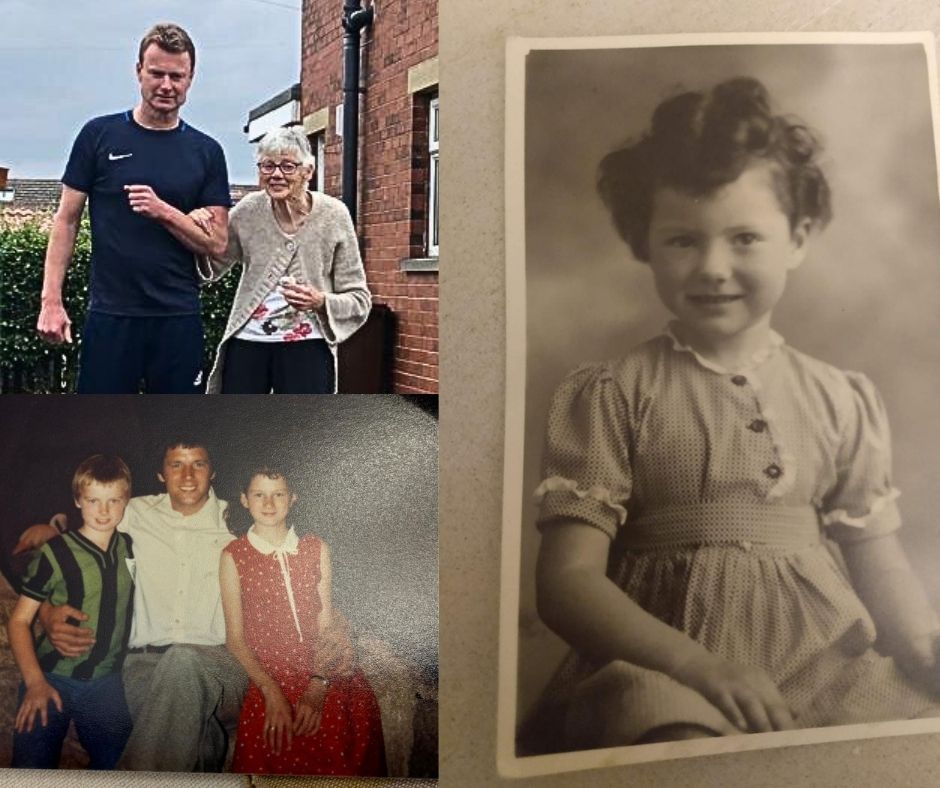
Both were struck by how different The Kirkwood felt compared to hospitals. “It didn’t feel like a hospital,” says Mark. “It was less clinical, more personal, and so much more uplifting. It took away the strain we’d all been under.”
The gardens were a huge part of that difference. Christine loved summer, flowers and birdsong, and the team made sure her doors were open so she could be surrounded by all those things in her final days. “She might not have known it consciously,” Joanne says, “but those were the things that made her who she was, and we could still give them to her.”
Even after Christine passed away, The Kirkwood continued to support the family. Christine had long expressed a wish to donate her body to medical science, inspired by her late husband’s life-saving kidney transplant in 1995. She spent 10 days in The Kirkwood’s Rose Cottage before being transferred to Nottingham, where she is helping train surgeons and support air ambulance trauma work.
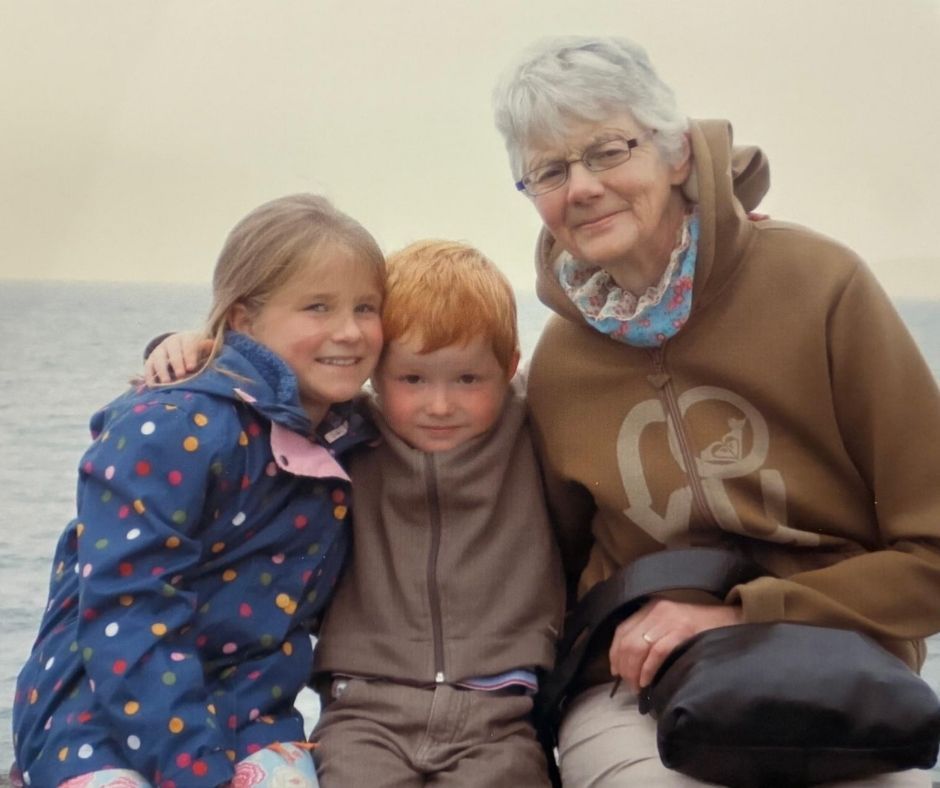
The Kirkwood’s care extended far beyond the patient. Joanne and her granddaughter Heather received counselling sessions both before and after Christine’s death, helping them cope with the challenges of caring for a loved one and the grieving process.
“The counselling didn’t take away the day-to-day pressures of caring,” Joanne reflects, “but it gave me somewhere safe and confidential to talk. I honestly think if my mum hadn’t had the care she did, and if we hadn’t had that support, we’d be in a very different place now.”
For Joanne, what set The Kirkwood apart was the way every single person from consultants to volunteers treated them with kindness and respect: “The domestics asked how I was, volunteers in the gardens stopped to chat, the lady on reception always remembered us. You felt like you were part of them. There wasn’t a single person who made you feel like you didn’t belong there.”
Both siblings urge others not to hesitate in contacting The Kirkwood. “I think anybody that gives it a try will not regret it,” says Joanne.
Mark adds: “Don’t hesitate and don’t struggle if you don’t need to. The support makes a huge difference not just for the person who’s ill, but for the whole family.”
One thing that troubles them is knowing that more people could benefit if The Kirkwood had more resources. During Christine’s stay, two beds on her ward were empty because there weren’t enough staff to open them. The Kirkwood has to raise 75% of its funding through charitable donations.
“It’s a real shame,” says Mark. “People could be going through their final days in comfort here, but instead they’re missing out because the funding isn’t there. That’s hard to accept.”
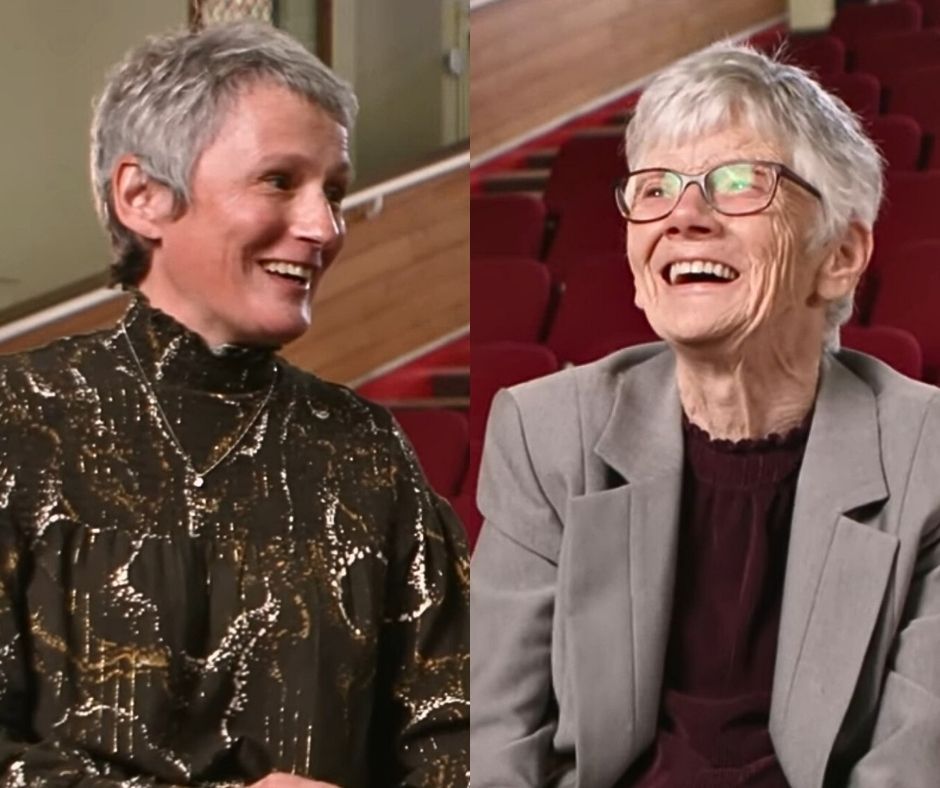
Both Joanne and Mark recognise that many people think The Kirkwood is mainly for cancer patients at the very end of life. They want others to realise that it offers so much more including activities, therapies, and even pathways for patients to return home. “The Kirkwood isn’t just about dying,” Joanne says. “It’s about living as well as you can, for as long as you can, and making those days count.”
If you need The Kirkwood’s support just like Joanne and Mark please click the link HERE to find out how we can help you.
Need clinical advice?
Call our advice line on:
01484 557910
24 hrs a day
